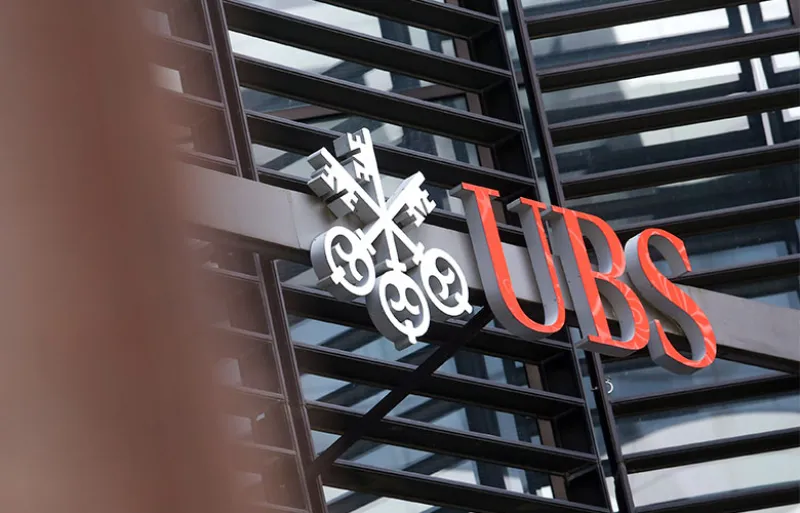For the European equity trading business, there’s an elephant in the room.
The update to the Markets in Financial Instruments Directive (MiFID II), which took effect at the beginning of 2018, is changing the way sell-side firms and their buy-side clients do business – and shaping the results of Institutional Investor's All-Europe Equity Trading Teams.
"That's the primary development of the last year," said James Hilton, co-Head of EMEA sales for advanced execution at Credit Suisse. The bank placed at or near the top of many categories in Institutional Investor's second annual ranking of All-Europe Equity Trading Teams.
In the second annual survey, over 230 buy-side investment professionals at more than 200 firms chose winners in three main categories: electronic trading, high-touch trading, and portfolio trading.
J.P. Morgan placed first in pan-Europe electronic trading, followed by Bank of America Merrill Lynch and Credit Suisse, while UBS ranked No. 1 in pan-Europe high-touch trading, followed by
J.P. Morgan and Morgan Stanley. In portfolio trading, UBS again led the way, followed by Credit Suisse and Morgan Stanley.
Each of these banks has been forced to adapt to MiFiD II. One of the most important elements of the regulation unbundled payments for research and trade execution. In the past, customers received research as part of the reward for trade execution business. Independent research firms suffered, because customers would have to cut a check for their services rather than paying for the research as part of trading.
In the aftermath of the changes, Hilton said firms with large research capabilities should do well. "The buy side will want watershed research houses," he said. Hilton predicted that niche players also will thrive. But industry experts say that firms in the middle -- those that cover a broad number of stocks, but don't do it well -- will suffer.
One area where the regulation has worked well is in allowing firms with potent trade execution services to shine, because those services are now distinct from research, Hilton explained. "If you can stand on your own feet for execution, then you should win execution business," he said. "We believe we're good at that, so we think our market share will grow for execution."
Another impact of MiFID II is placing caps on dark pool trading, leading to "an increased focus on high-touch and block trading" for equities in general, according to Dan Sanders, co-head of EMEA equities trading at Bank of America Merrill Lynch, which placed near the top of many categories in the II rankings.
Electronic trading also continues to advance, and having the right balance between electronic and high-touch trading can be tricky. "Some firms have gone electronic too quickly," said Andrew Mitchell, Sanders' EMEA equities trading co-head at BofA Merrill Lynch. "Others who have over-emphasized high-touch are now catching up on technology."
MiFID II has highlighted that dynamic by putting an emphasis on high touch, Mitchell added. "Some players now have a barbell strategy. We look across all channels."
And what of the volatility that has struck equity markets since February? "It woke people up," Mitchell said. That's a good thing for BofA Merrill Lynch and its competitors. "We're busier when the market is busier. So from a business perspective, a certain amount of volatility is welcome." In more volatile times, the buy side gravitates toward human-touch trading.
But even the return of volatility can't save banks from the difficult task of coping with the compression of commission fees while costs are rising.







